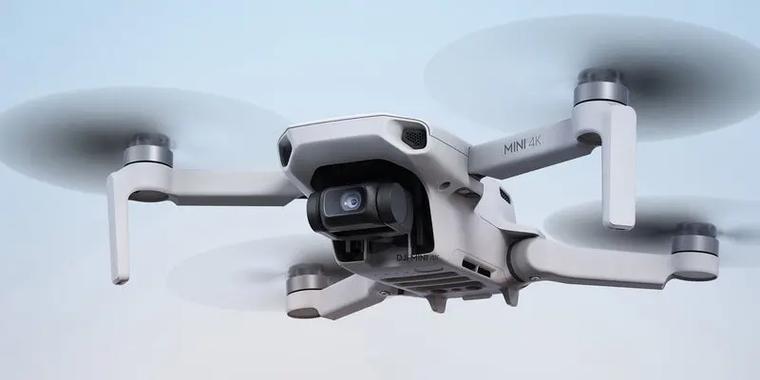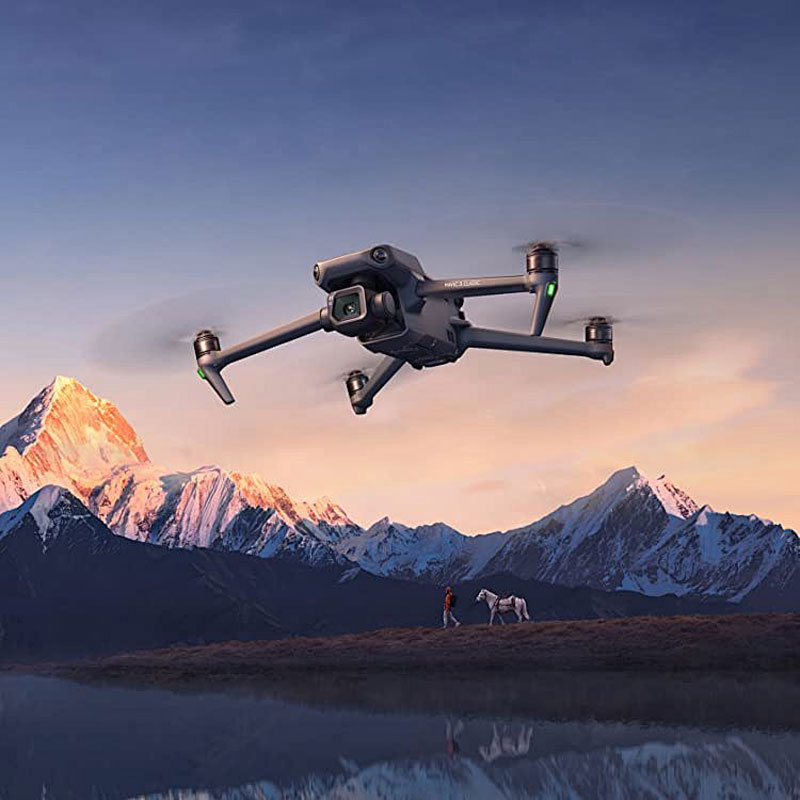Strategic Advantages of Drones in Military Operations
One of the primary benefits of drones in military applications is their ability to gather intelligence without endangering human lives. Equipped with advanced surveillance technology, drones can monitor large areas under any condition, offering real-time data critical for decision-making. This intelligence-gathering capability allows forces to anticipate enemy movements and adjust their strategies accordingly.
Precision strikes are another significant advantage provided by drones. These UAVs can carry sophisticated weaponry and hit targets with remarkable accuracy, minimizing collateral damage. Military forces leverage drones for targeted operations in hostile regions, ensuring mission success with reduced risk.
Logistical Support and Efficiency
Besides reconnaissance and combat roles, drones are invaluable for logistical support. They can deliver supplies quickly to hard-to-reach areas, ensuring troops have the necessary resources for prolonged operations. This capability enhances operational efficiency and adaptability, allowing forces to maintain momentum in dynamic environments.
Drones also reduce the manpower required for certain missions, as they can perform tasks autonomously. This efficiency frees up personnel for other critical roles, optimizing the overall effectiveness of military operations.
Challenges and Ethical Considerations
Despite their advantages, drones also present challenges. Issues such as vulnerability to hacking, weather limitations, and airspace congestion can impact their effectiveness. Moreover, ethical concerns around surveillance and privacy must be addressed, particularly their potential use in autonomous decision-making scenarios.
The Future of Drones in Military Strategies

The future of drones in the military domain promises further advancements, with technology continually evolving to enhance their capabilities. Innovations such as AI integration, improved stealth features, and extended flight times are on the horizon, potentially amplifying their impact on national security and defense strategies.
FAQs on Drones and Military Use
- How do drones enhance reconnaissance capabilities?
Drones equipped with high-resolution cameras and sensors can survey vast areas, providing critical data for intelligence analysis and strategic planning.
- Are there any risks associated with military drones?
Yes, risks include cybersecurity threats, mechanical failures, and potential ethical dilemmas in their autonomous use.

